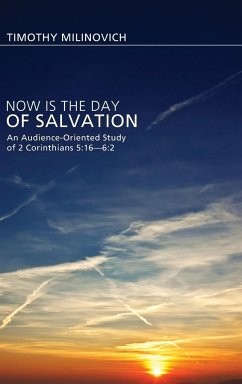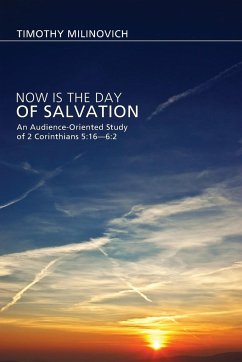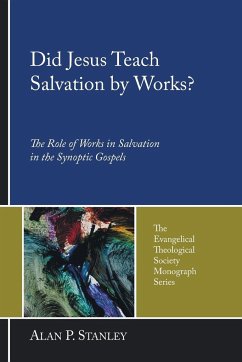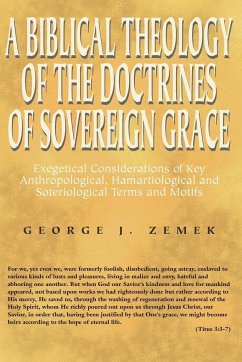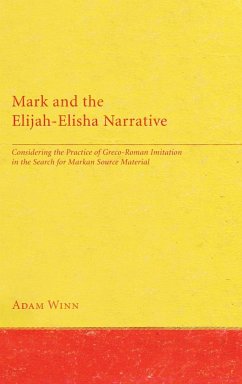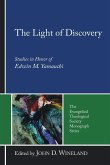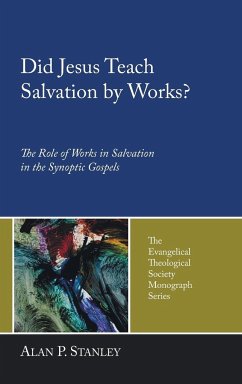Is Second Corinthians, one of Paul's most personal and passionate letters, better understood as a text or a performance? Using an audience-oriented method, Timothy Milinovich examines the letter as orally performed correspondence, from the view of the authorial (i.e., intended or ideal) audience. What results is an original structural analysis of 2 Corinthians 1:1--6:2, denoting twenty chiastic units and three larger macrochiastic arguments. This arrangement is intended to show what the authorial audience heard, offering a new way of understanding how Paul's letter would have been received--not based on modern thematically determined paragraphs, but on oral patterns consonant with the cultural context of the author and audience. In particular, Milinovich offers insight on the audience response to the climactic exhortation to reconciliation with the apostle in 5:16--6:2. He determines that the structure of the unit is the key to its theological and rhetorical message, which is just as much concerned with the community's relationship with Paul as with God. That is, if they are to fully receive the salvation that God intends for them, the community must be reconciled with their apostle now, at the hearing of this letter.

